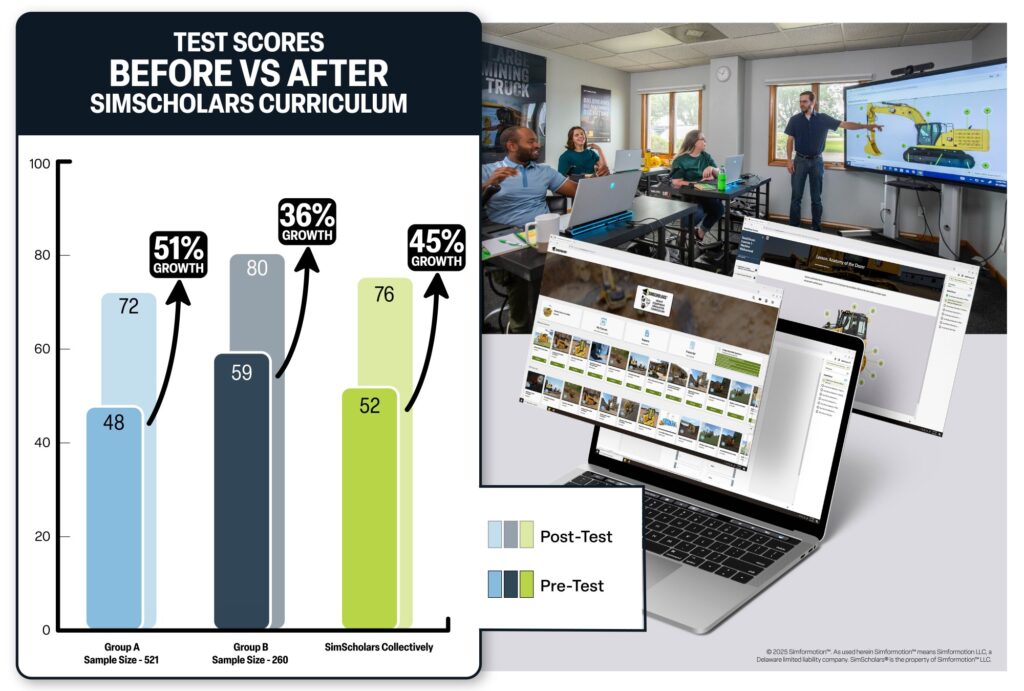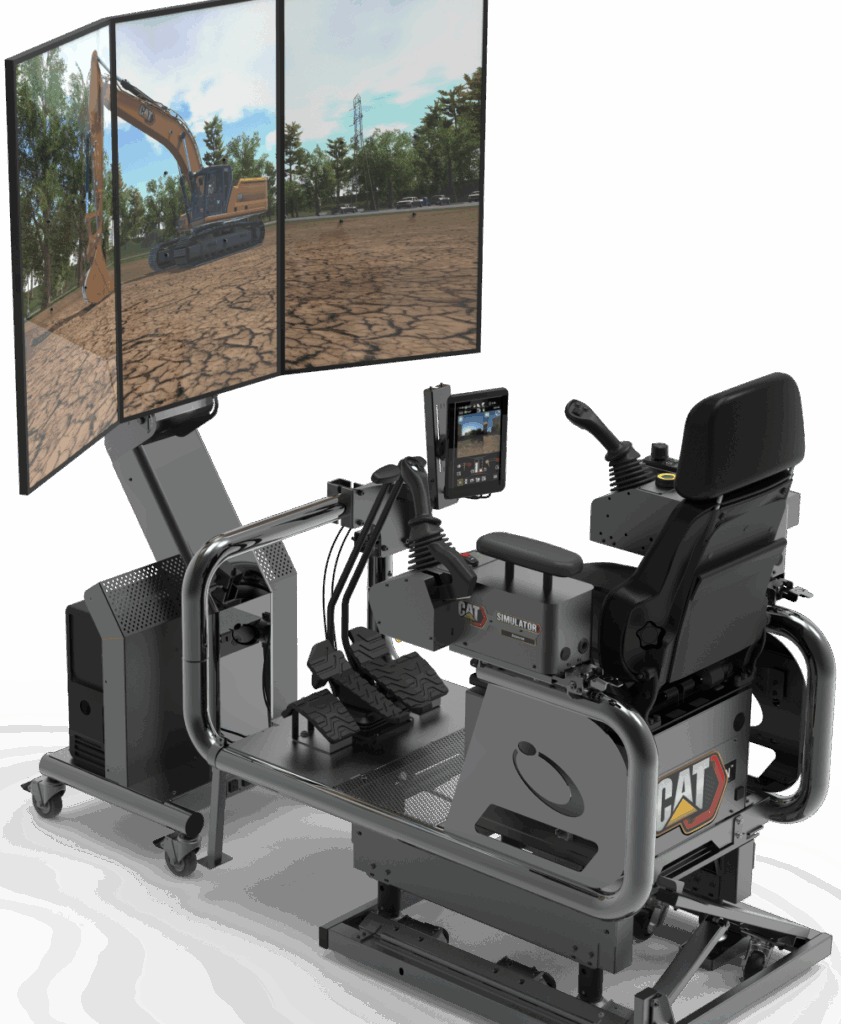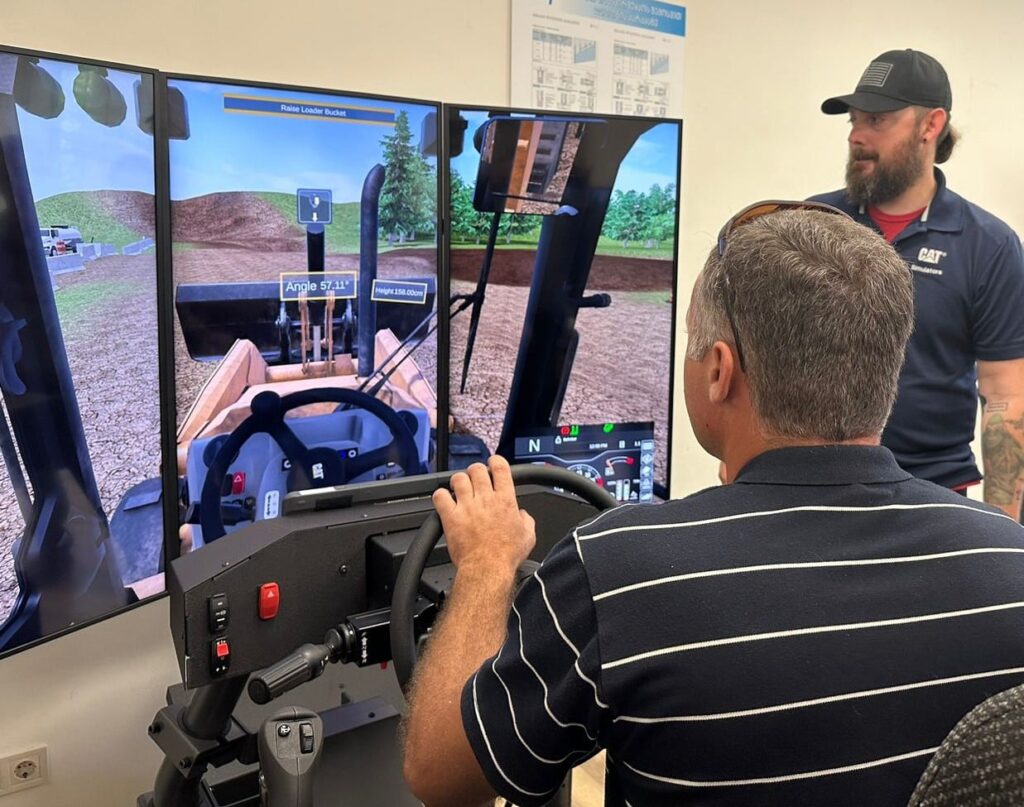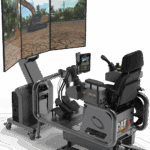In workforce development, particularly within technical and trade-based instruction, the ability to objectively measure knowledge acquisition is essential. Growth metrics derived from comparing learner performance on pre- and post-instruction assessments provide a reliable and standardized method to quantify knowledge gain. In beginner-level heavy equipment operation training, where safety, precision and operational awareness are paramount, these metrics provide critical insights into learner development and curriculum impact.
Unlike pass/fail outcomes or course completion rates, which offer limited insights, growth metrics reflect the actual change in a learner’s understanding and application of core concepts. This approach captures the effectiveness of the instructional process by accounting for each learner’s starting point and the extent of their improvement. When implemented across entire classes or training sessions, this data can be aggregated to evaluate not only the progress of individual students or an entire class, but also the effectiveness of instructional programs and instructors.
To illustrate this, the chart titled “Test Scores Before Vs After SimScholars® Curriculum” presents a visual analysis of score differentials before and after using SimScholars curriculum. As shown, both Company A and Company B experienced substantial learner growth, with average gains of 51% and 36%, respectively. When viewed across all clients, the collective growth of 45% further substantiates the reliability of the curriculum and its consistent performance across diverse implementation environments.

Data-driven insights are invaluable for multiple stakeholders:
- Instructors- Growth metrics provide direct feedback on instructional effectiveness. Patterns in score improvement for each quiz can indicate areas where learners consistently excel or struggle, enabling timely instructional adjustments or targeted re-teaching.
- Learners- Access to individual growth performance fosters motivation. It allows individuals to see the tangible results from their efforts and track their readiness for real-world machine operation tasks.
- Administrators, training companies and employers-Growth metrics serve as a defensible and reliable indicator of program value. They provide third-party evidence that learners are not just being exposed to content but are demonstrably internalizing critical knowledge and skills.
SimScholars supports this evaluative process by equipping instructors with built-in tools to analyze class-wide and individual-level growth data. Through the tools and resources on the site, educators can access pre- and post-test reports, view and evaluate scores for the individuals and classes, and export data for documentation, program evaluation or stakeholder reporting. This streamlined access to assessment data eliminates guesswork and increases the accountability of the training process.
Ultimately, growth-based assessment represents a best practice for validating a quantifiable curriculum impact in technical training environments. It transforms raw test scores into meaningful evidence of instructional success, aligning educational outcomes with industry expectations. The consistent gains reflected in the data from Company A, Company B, and our broader client base affirm that the SimScholars curriculum is not only engaging and accessible but also measurably effective in preparing new operators for the demands of today’s worksites.





